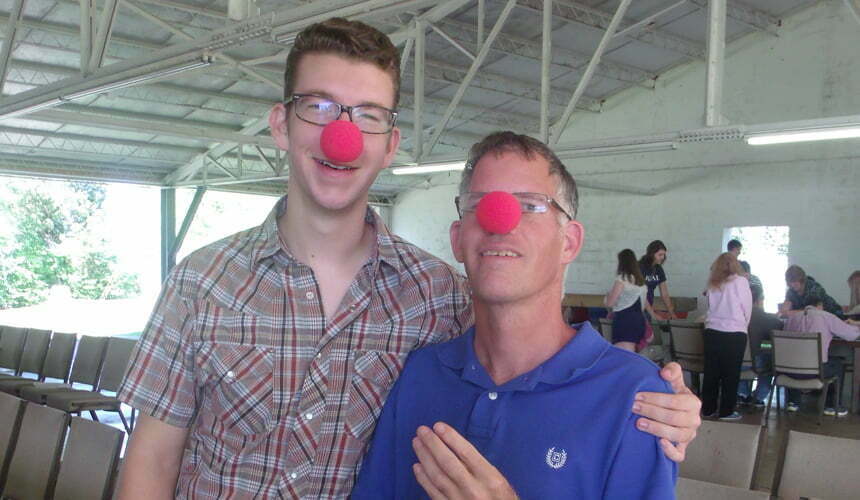

When my family moved into our home on Northfield Avenue, we loved our large backyard where deer routinely wandered by our windows. At the time, our children were young, and they marveled at the deer as they passed by. Our family was so fascinated by the deer that we put out salt-licks to coax them closer and closer to our home allowing our kids to get a closer look.
Then, in a single moment, our feelings toward the deer changed dramatically when one jumped through our front window. The deer no longer seemed cute and fun. Our feelings toward them went from wondrous to fearful. We went from viewing them in a positive light to seeing them in a negative light. We instantly disposed of the salt licks and did everything we could to keep the deer away from our home.
You could say we had a major philosophical shift when it came to the deer. I would define philosophy simply as our approach to why we do what we do. This approach is rooted in what we believe.
Disability ministry is no different. What we believe about people affected by disability will determine why we do what we do in disability ministry. I also believe that many churches need to make a vital shift in their philosophy regarding disability ministry.
Jesus himself touched on this much-needed shift in our philosophical approach to disability ministry in John Chapter 9. The first two verses of John 9 reveal the beliefs people held in Jesus’ day about people affected by disabilities. “As he passed by, he saw a man blind from birth. And his disciples asked him, ‘Rabbi, who sinned, this man or his parents, that he was born blind?’” (John 9:1-2)
Unfortunately, we see the disciples’ bad theology in this passage. Bad theology leads to bad philosophy. They believed that people with disabilities were sinners and were being cursed or punished for their sins. If not their own sins, they were being punished for the sins of their parents. This theology led them to believe that people affected by disabilities were sinners who did not have a place of belonging with other believers. They were disqualified and not welcomed.
Jesus corrects their theology and challenges them to make a philosophical switch by responding with one powerful sentence, “’It was not that this man sinned, or his parents but that the works of God might be displayed in him.’” (John 9:3)
Jesus declared to his disciples, and everyone present, that disability does not equal sin. And then he took it a step further by declaring that there is a divine purpose for disability. This presented a huge theological and philosophical shift for his disciples and for church leadership throughout history. This one-sentence declaration meant that people affected by disabilities were not worthless and incapable of doing God’s work. Rather it meant that they were created by God on purpose for a purpose. They were loved by God and could be used by God.
The question that I now wrestle with is—if Jesus made this profound shift in both theology and philosophy over 2000 years ago, why have so many people in the church struggled to embrace it? Over the next four Fridays, I invite you to take a closer look at this issue with me.
NOTE: This article first appeared on Irresistible Church.


